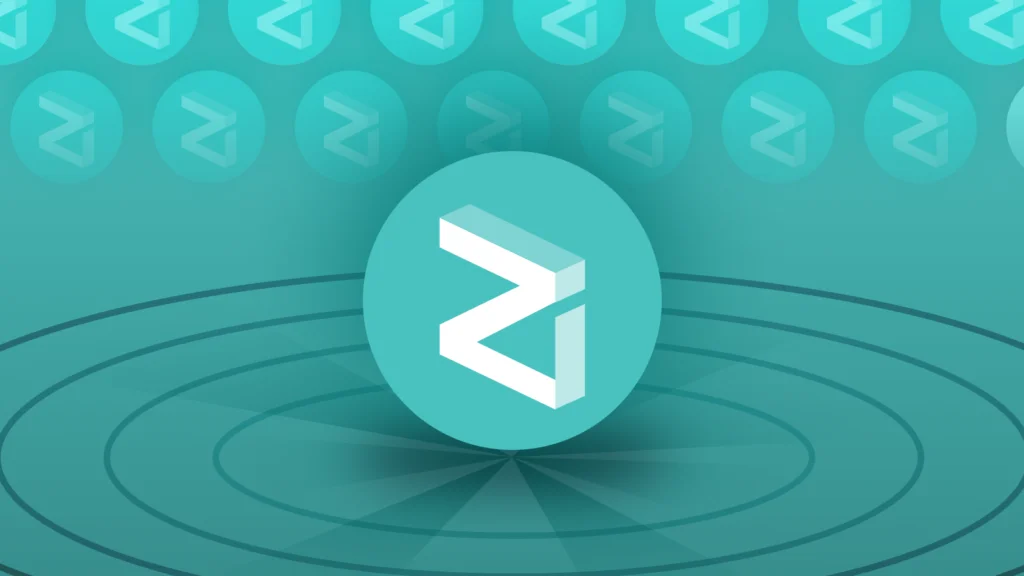The Zilliqa blockchain, which boasts a $383-million market cap and supports scalability and metaverse projects, has been offline for hours due to a technical issue that halted block production.

According to a post by the Zilliqa developers, the network encountered a “technical issue” that caused an interruption to block production, effectively freezing all transactions and activities on the blockchain.
Blockchain data shows that the daily transactions on Zilliqa dropped by about 50% to 30,906, compared to an average of 61,000 in the previous days. The last transaction occurred around 11 am UTC; no new blocks have been generated since then.
The Zilliqa developers said that they are working hard to identify and resolve the problem and that this unexpected challenge is their top priority. They also advised all partners, such as exchanges and wallets, to temporarily suspend any deposits or withdrawals on the network until the issue is fixed.
They assured the users that their funds were safe and that they could still check their on-chain wallet balance using the Zilliqa block explorer. They also said that no action is required from the users’ end and that they just need to wait for the network to be restored. A Zilliqa community moderator on Discord said they are still investigating the issue and will share an update soon.
The Zilliqa network outage is a major setback for the project, which has a market capitalization of over $383 million and boasts a loyal community of supporters and developers. Zilliqa, which was founded in 2017 in Southeast Asia and launched its mainnet in 2019, is dedicated to blockchain scalability and a metaverse venture. The network claims to have processed over 61.4 million transactions since its inception. It uses a novel technique called sharding that splits the network into smaller groups of nodes that can process transactions in parallel.
Zilliqa also supports smart contracts, decentralized applications, non-fungible tokens, and interoperability with other blockchains. The network outage could damage the reputation and confidence of the project, as well as affect the price and liquidity of its native token, ZIL.
